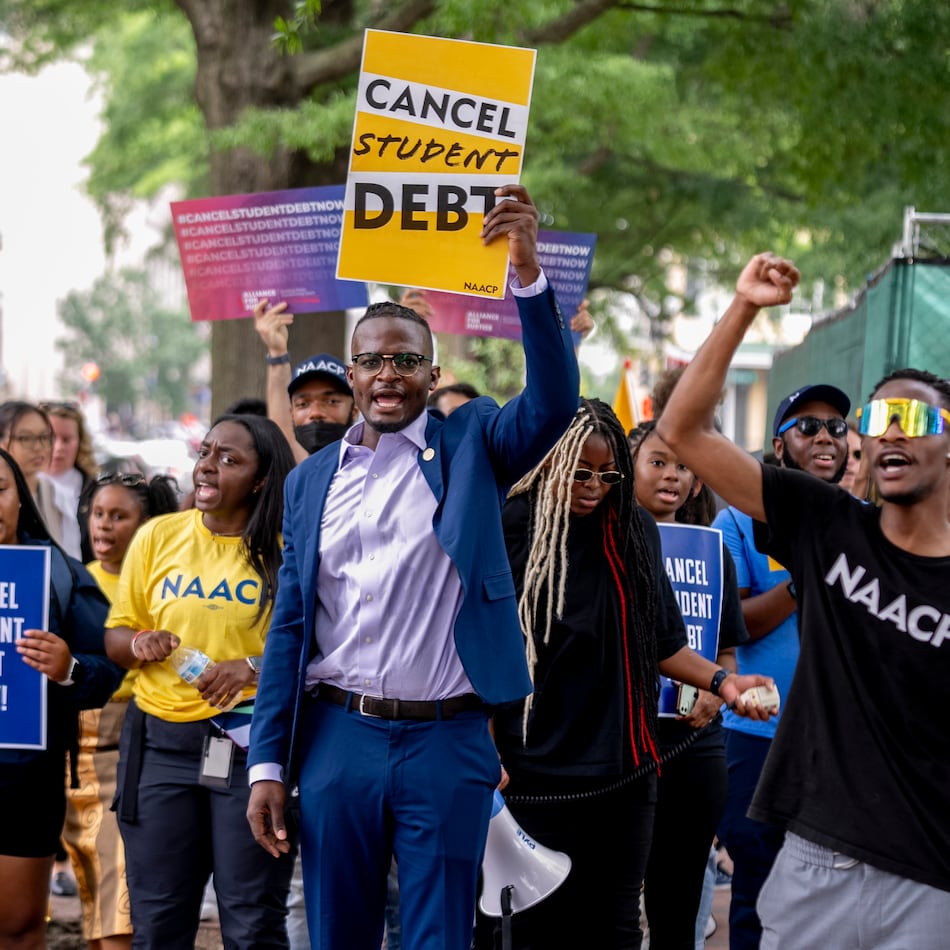In the name of morale boosting, the Georgia Tech Research Institute spent nearly $1.1 million in tax dollars over the past two years on entertainment and meals for employees and their families, a Channel 2 Action News investigation found.
The spending included $73,000 for employees and their families to go to the Georgia Aquarium, $109,000 for a staff picnic at Six Flags over Georgia, $26,000 at a Braves game, nearly $12,000 racing go-karts and playing laser tag at Andretti’s in Roswell and $7,300 at Topgolf, including more than $1,000 in cocktails, beer and wine.
The institute is the nonprofit, applied research arm of the university and employs more than 2,000 researchers and scientists. Much of its research is classified work for U.S. defense agencies.
But nearly all of its $370 million operating budget comes from the taxpayers through federal government contracts and grants, according to its most recent annual report.
The institute is headed by Dr. Andrew Gerber, a missile defense expert earning $400,000 a year. Under Gerber’s leadership, the institute has spent about a half-million dollars a year to boost employee morale.
"It's the fiscal wreck of Georgia Tech," said David Williams, with the Taxpayers Protection Alliance.
Catering, parties, meals and large events for staff accounted for most of the questionable spending uncovered by Channel 2.
"When an aircraft carrier goes a billion dollars over budget, that's pretty hard to distinguish or put into relevant context," said Pete Sepp, the president of the National Taxpayers Union. "When a given entity spends thousands of dollars on sporting tickets, well, then it hits close to home."
In an email, Georgia Tech initially defended using the money for business development, research support, recruitment and morale, and said all of it was approved in advance by the research institute’s director of ethics.
But on Monday the university issued a new statement saying it planned a review of future morale fund expenditures. It declined to make any official available for an interview.
“With the growing cost of the events, the categories of acceptable use and activities appropriate for use of these funds warrant further review to avoid even the perception of inappropriate use in the future,” the university said.
Going forward, the university said that “all GTRI expenditures will be subject to multi-level review in advance including new reporting and monitoring through Georgia Tech finance and accounting, ethics and compliance offices.” It also said the spending will be regularly audited.
Tech’s first statement to Channel 2 noted there was no state money used for the employee events, but did not acknowledge that it was all federal tax money.
“The biggest problem here is that the university and the research institute don’t think there’s anything wrong, and that’s the first thing that needs to be addressed,” Williams said. “They need to realize, this is an inappropriate expenditure of funds.”
Gerber initially dodged Channel 2’s questions when a reporter confronted him on campus.
“Hey, this is off record, off-camera. I’m not talking to you. Away. Away,” Gerber told the reporter and a Channel 2 photographer.
Gerber acknowledged to Channel 2 that his employees are adequately compensated.
“So any thoughts about rethinking it?” Channel 2 asked Gerber.
“We have actually rethought it. We’re still going to invest a small amount or an adequate amount on morale for our employees,” Gerber said.
“You don’t think you could come up with the money privately? It has to be tax money?” Channel 2 asked.
“That’s all. Thanks,” Gerber said.
Government watchdogs interviewed by Channel 2 said the government needs greater transparency around research contracts.
"If this information had to be posted online in a very accessible way, there's no way that they would be spending this kind of money on this kind of frivolous, wasteful stuff," said Leslie Paige, Vice President of Citizens against Government Waste.
Said, Williams: “The only way to stop these expenditures is through oversight but also public shaming and embarrassment.”
About the Author
The Latest
Featured



